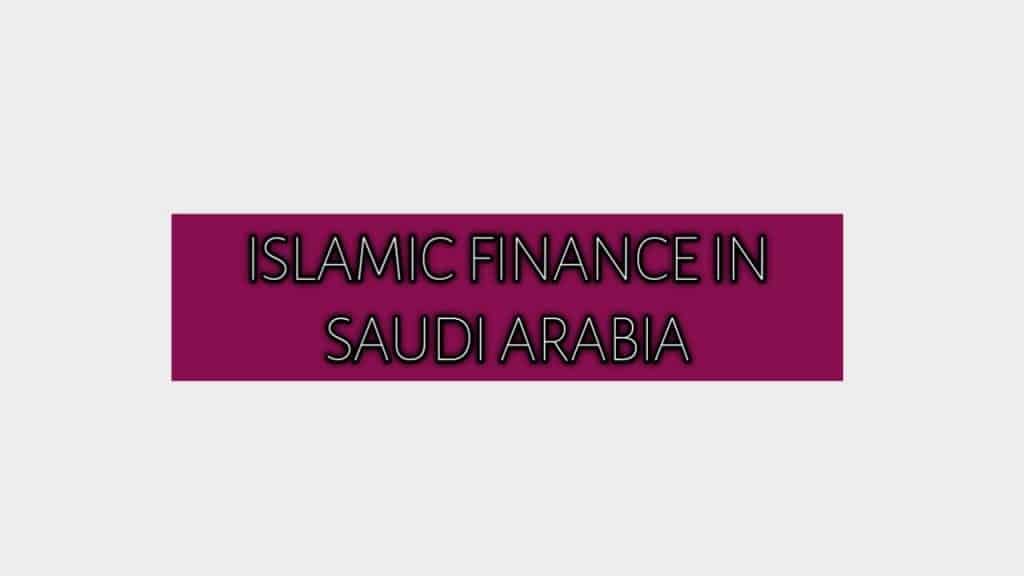Islamic finance refers to financial transactions and instruments that comply with Islamic principles, which prohibit the payment or receipt of interest (riba) and involve profit-and-loss sharing arrangements (mudarabah) or asset-backed financing (musharakah).
1.What is Islamic finance?
Islamic finance refers to financial transactions that comply with Islamic principles, which prohibit charging or paying interest (riba), gambling (maisir), and speculative behavior (gharar).
2.What are some examples of Islamic finance products?
Islamic finance products include mudarabah (profit-sharing), musharakah (partnership), murabaha (cost-plus financing), ijara (leasing), and sukuk (Islamic bonds).

3.What is a murabaha contract?
Murabaha is a type of cost-plus financing that is commonly used in Islamic finance. Under a murabaha contract, the seller buys an asset and then sells it to the buyer at a higher price, with the profit being determined in advance.
4.What is a sukuk?
Sukuk are Islamic bonds that are structured to comply with Islamic principles. They are typically asset-based, with investors receiving a share of the profits generated by the underlying asset.
5.What is the role of shariah compliance in Islamic finance?
Shariah compliance is a key component of Islamic finance, as it ensures that financial transactions are in line with Islamic principles.
Islamic financial institutions typically have a shariah board or committee that oversees the compliance of their products and services.
6.Are there Islamic banks in Saudi Arabia?
Yes, there are several Islamic banks in Saudi Arabia, including Al Rajhi Bank, Saudi British Bank, and National Commercial Bank.
7.What is the Islamic Development Bank?
The Islamic Development Bank (IDB) is an international financial institution that was established in 1975 to promote economic development in member countries. Saudi Arabia is a founding member of the IDB.
8.What is takaful?
Takaful is an Islamic insurance product that is based on the principle of mutual cooperation and shared responsibility.
9.What is the difference between Islamic finance and conventional finance?
The main difference between Islamic finance and conventional finance is that Islamic finance prohibits charging or paying interest, while conventional finance allows it. Additionally, Islamic finance emphasizes risk-sharing and promoting social welfare, while conventional finance is more focused on maximizing profits.
10.Is Islamic finance only for Muslims?
No, Islamic finance is open to people of all faiths. Anyone can use Islamic finance products, as long as they comply with Islamic principles.
